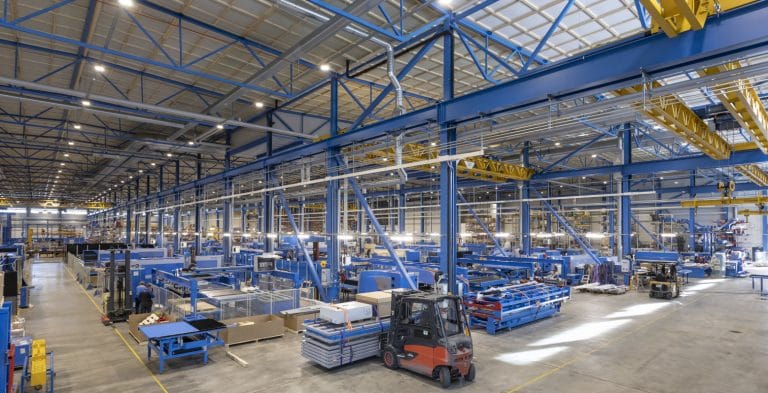Secondary

The Secondary Sector of Economy is related to Manufacturing which deals in production of finished goods from raw materials. The packaging and processing of finished goods are also considered to be part of this sector. People engaged in this sector are called blue-collar worker/jobs. The word Manufacturing has a Middle French root and is derived from a Latin words “Manu” means “Hand” and “Factura” means “Working”.
Manufacturing is well-defined as its three basic types of production processes known as make to stock, make to order and make to assemble rearing for economic objectives.
Make to Stock (MTS)
In this system a factory produces goods that are held in stock at stores and showrooms. This means that a market for the goods needs to be predicted so that the items can be produced in advance ready for the consumer. However, producing too much can mean that surplus stock needs to be sold at a loss while producing too little may mean the market is missed and costs aren’t covered by sales.
Make to Order (MTO)
Make to Assemble (MTA)
This method is similar to make to stock, except the factory will produce component parts in anticipation of orders for assembly. This means that the manufacturer is ready to fulfil customer orders as they arrive, but can leave the manufacturer with a stock of unwanted parts if there is no demand. It may be divided into two categories as heavy / large scale manufacturing and light / small scale manufacturing industry.
Perimeter of Secondary Sector

Heavy / Large Scale Manufacturing (LCM) Industry
Automobiles, Hydroelectric Power Generation, Electronics, Engineering Products, Food Beverages & Tobacco, Iron & Steel, Pharmaceuticals, Textiles and Wood / Lumber Products etc

Light / Small Scale Manufacturing (SCM) Industry
Coke & Petroleum Products, Chemicals, Fertilizers, Leather, Nonmetallic Mineral Products, Paper & Boards and Rubber Products etc.
